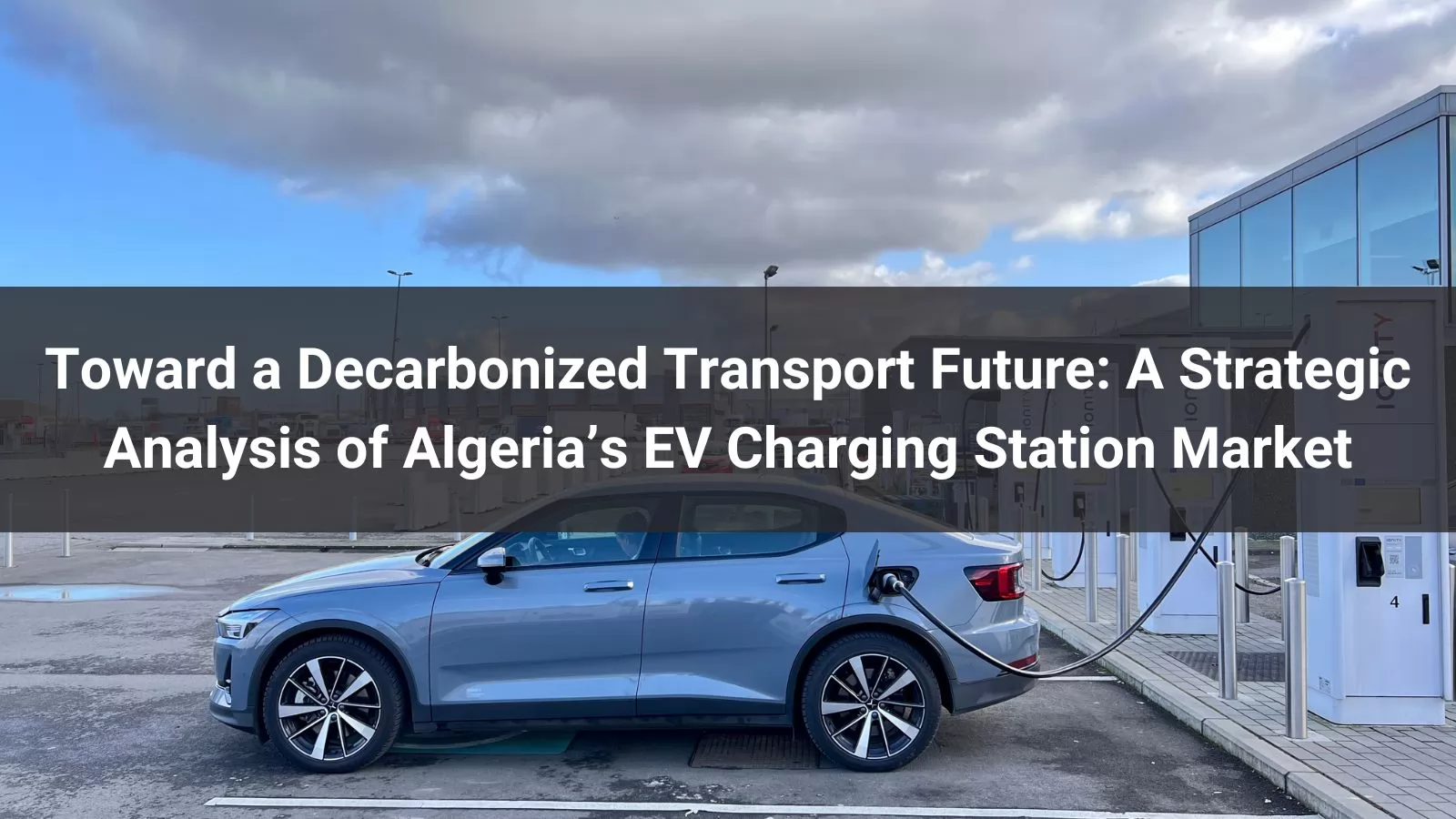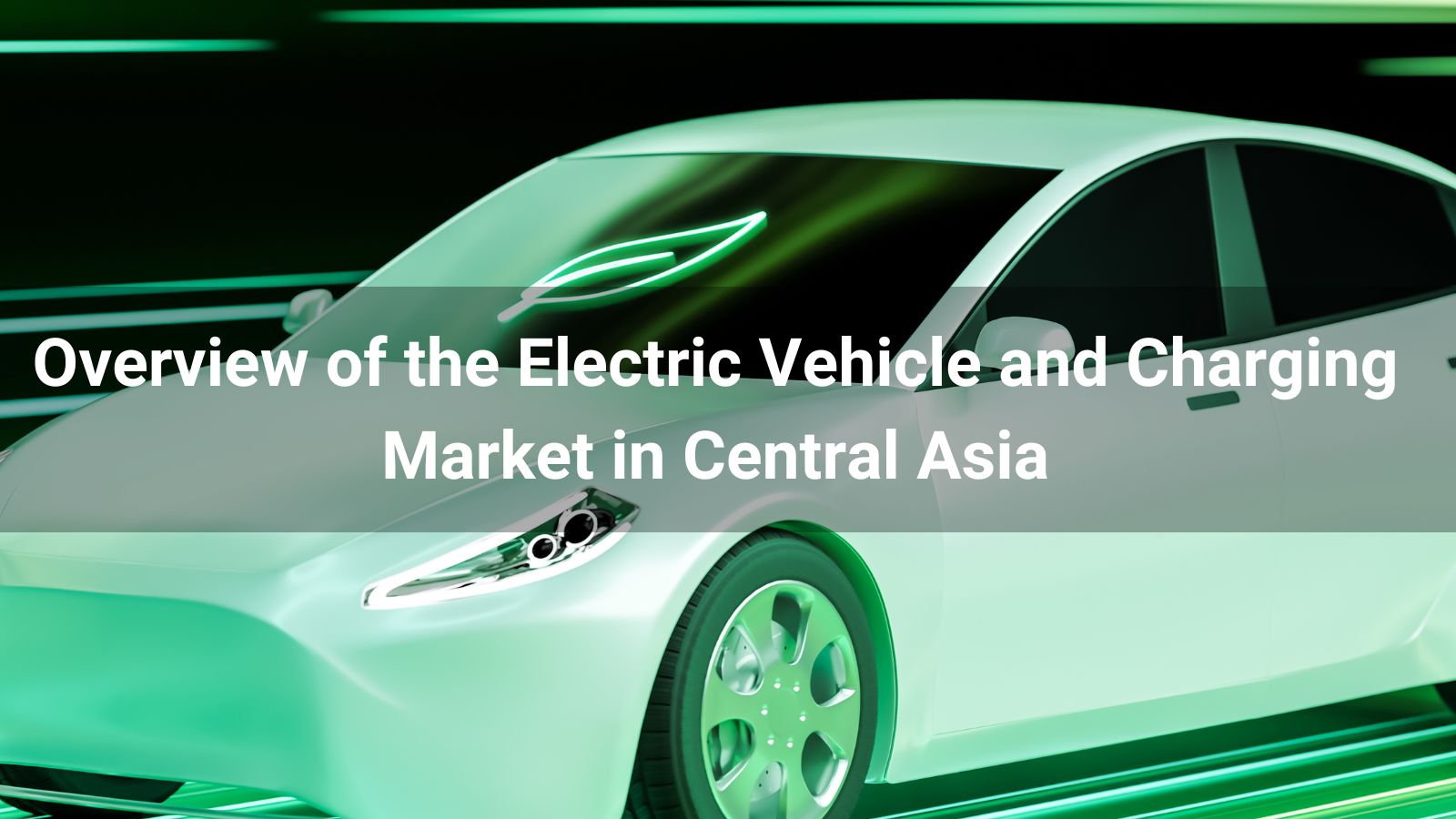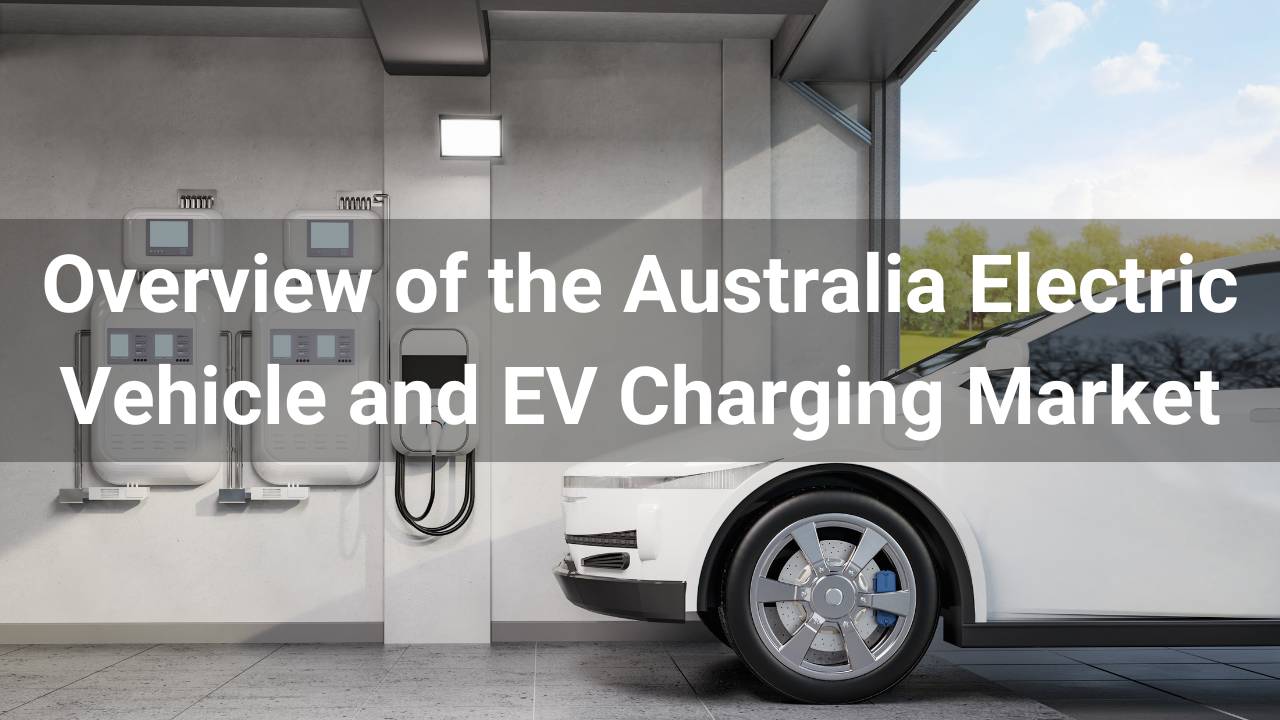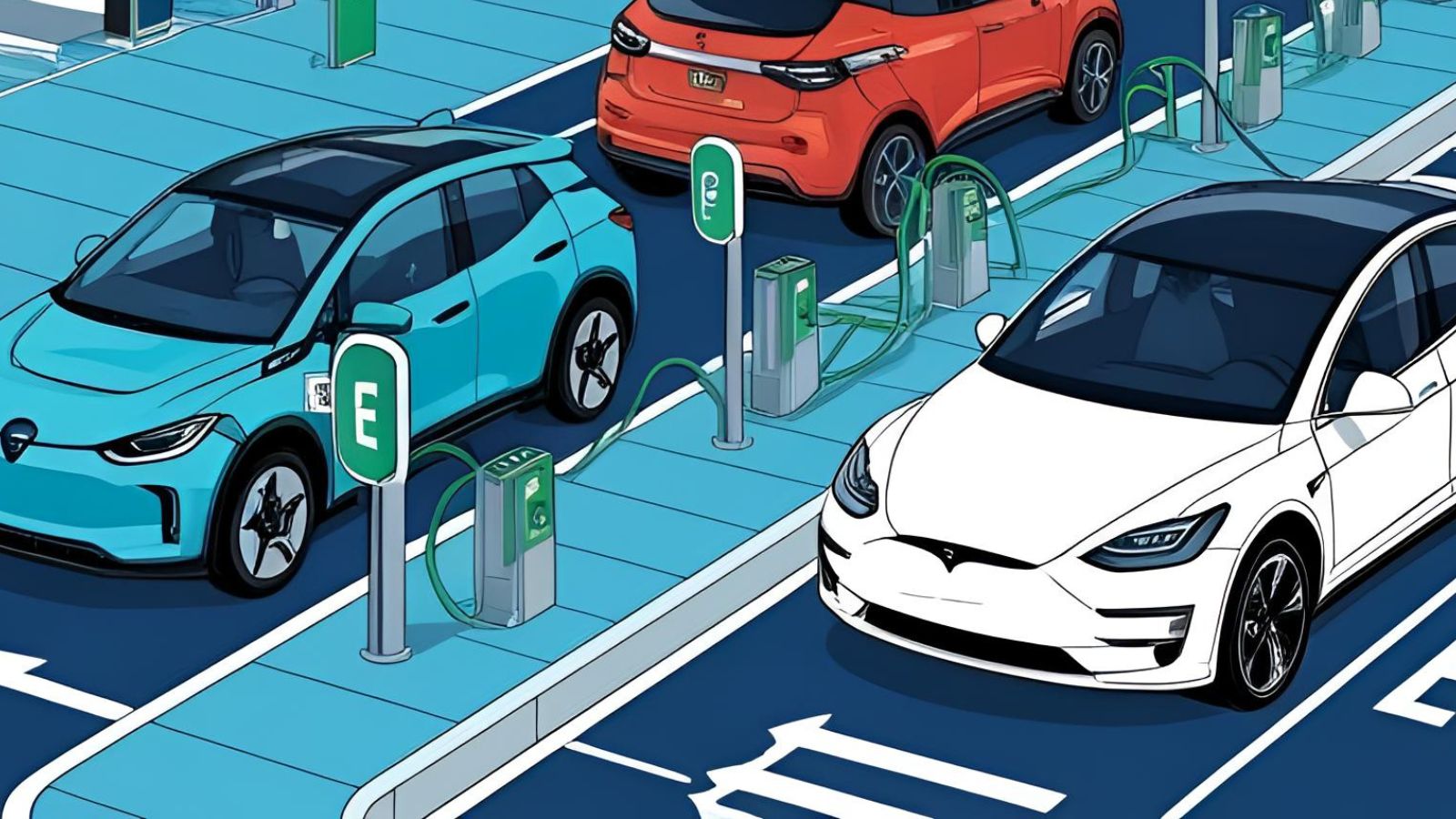Toward a Decarbonized Transport Future: A Strategic Analysis of Algeria's EV Charging Station Market

Executive Summary
Algeria is cautiously transitioning toward electric mobility as part of its energy and industrial modernization agenda. The electric vehicle (EV) market is nascent, but recent policy shifts and pilot infrastructure deployments indicate growing institutional commitment to reducing carbon emissions and building post-oil economic resilience. Algeria has advantages like extensive electricity generation capacity (primarily natural gas-based), a strategic Mediterranean trade position, and a state-led industrial policy framework. However, challenges such as fuel subsidies, low consumer purchasing power, and an underdeveloped regulatory environment hinder large-scale EV adoption and infrastructure rollout.
Key Insights
- Algeria has foundational policies supporting electric mobility, but enforcement is uneven, and incentives are limited.
- EV charging infrastructure is minimal, with fewer than 100 public chargers, mostly in Algiers and Oran.
- Market potential is tied to public transport electrification and green industrialization but constrained by affordability and grid limitations.
- Long-term growth depends on regulatory reform, international partnerships, localized manufacturing, and green finance mechanisms.
1. National Policies and Regulatory Framework
1.1 Policy Commitments to Electric Mobility
The Algerian government is fostering an energy transition, including transport decarbonization, through:
- National Renewable Energy and Energy Efficiency Development Program (NREEEDP): Updated in 2020, targets 22 GW of renewable capacity by 2030, with EVs as complementary beneficiaries.
- New Automotive Industry Decree (2022): Encourages importation and future production of EVs and components.
- EV Import Authorization (2023): Allows import of fully electric passenger vehicles for private and commercial use, reversing prior bans.
- Electromobility Strategy Roadmap (In Development): Led by the Ministry of Energy Transition and Renewable Energies (MTEER), it aims to set charger deployment targets, EV procurement guidelines, and incentives.
1.2 Regulatory Gaps and Challenges
- No dedicated regulatory authority for EV charging infrastructure or technical standards for connectors, software, or billing.
- Lack of financial incentives (e.g., purchase subsidies, tax exemptions, or electricity rate discounts).
- Heavily subsidized fuel (~$0.34/litre) undermines the economic case for EVs.
2. Market Size and Growth Potential
2.1 EV Adoption Baseline
- Total Registered Vehicles: ~6.5 million.
- EV Penetration: ~2,000–3,000 units (mostly recent imports and pilots).
- Public EV Chargers: ~80–100, primarily Level 2 AC chargers.
- EV Charging Market Value (2025 est.): ~$1.2 million, with a projected CAGR of 50–60% with supportive policies.
2.2 Demand-Side Catalysts
- Urbanization: ~73% urban population, with cities like Algiers, Oran, and Constantine as ideal hubs for EV and charger deployments.
- Energy Surplus: Surplus electricity from natural gas and a ~1.6 GW solar pipeline enable hybrid charging models.
- Rising Vehicle Imports: Post-2023 import restriction lift, EVs from China and Europe may increase if customs hurdles are eased.
2.3 Supply-Side Drivers
- Industrial Policy: Incentives for local vehicle assembly and green tech manufacturing position Algeria as a potential EV and charger production hub.
- North-South Trade Corridors: Proximity to Europe and African Continental Free Trade Area (AfCFTA) participation enhance logistics and technology transfer.
3. Development Status of EV Charging Infrastructure
3.1 Charger Deployment Landscape
- Geographic Concentration: Most chargers in Algiers, Oran, and Blida; highway and rural coverage is negligible.
-
Charger Type:
- AC Level 2 (7kW–22kW) chargers: >80% share.
- DC fast chargers (>50kW): Rare, limited to government or commercial pilots.
-
Private Sector Activity:
- NAFTAL: Pilot EV charger installations at fuel stations.
- Sonelgaz: Solar-powered charging projects with local startups.
- ENIE: Exploring localized charger and electronics production.
3.2 Technical and Grid Considerations
- Grid Reliability: Urban electricity access >95%, but voltage fluctuations limit fast charger viability.
- Solar Integration: Hybrid chargers (solar + grid) piloted in southern regions like Ghardaïa and Adrar, leveraging high solar irradiation.
4. Opportunities and Challenges
4.1 Opportunities
a. Public Transport Electrification
- Urban bus fleets and government vehicle procurement are ideal for EV deployment, catalyzing large-scale charging infrastructure investment.
b. Solar-Grid Hybrid Charging
- High solar potential (2,000–3,000 kWh/m²/year) and falling PV costs make solar-powered charging viable, especially in off-grid areas.
c. Green Manufacturing and Job Creation
- Localized production of chargers, batteries, and electronics via ENIE, SNVI, and foreign joint ventures aligns with “Made in Algeria” policy.
d. Regional Trade Integration
- Mediterranean ports and improved road infrastructure position Algeria as a hub for North African EV exports and standardization.
4.2 Challenges
a. Fuel Subsidies Distort Economics
- Low gasoline prices (~$0.34/litre) weaken the economic case for EVs without targeted taxes or incentives.
b. Lack of Policy Incentives
- No purchase subsidies, tax rebates, or guaranteed grid access for EV or infrastructure investments.
c. Consumer Skepticism and Awareness
- Limited familiarity with EVs and misconceptions about range, safety, and charging slow adoption.
d. Bureaucratic and Regulatory Rigidities
- Lengthy permits, inconsistent customs rules, and lack of investor protections deter entrants.
Strategic Recommendations
To unlock Algeria’s EV charging potential:
- Launch a National Charging Infrastructure Plan: Define charger coverage targets, technical standards, and inter-ministerial coordination.
- Establish Green Incentives: Offer EV-specific VAT exemptions, zero-import duties for chargers, discounted electricity tariffs, and tax holidays for manufacturers.
- Electrify Public Transport and Government Fleets: Set binding targets for fleet electrification, funded via public-private partnerships.
- Accelerate Solar Integration: Provide concessional financing and feed-in tariffs for solar + EV charging stations, especially in southern provinces.
- Develop Technical Capacity and Local Industry: Build training centers with universities for EV technicians, engineers, and planners.
Conclusion
Algeria is poised for an electric mobility transformation, leveraging its energy capacity, manufacturing potential, and geographic positioning. Targeted policies, structured investments, and a coherent national strategy are critical to greening the transport sector and positioning Algeria as a regional leader in EV infrastructure.
Read more:

You Might Also Like...
-

Overview of the Electric Vehicle and Charging Market in Central Asia
2026 Feb,05 -

Overview of the Australia Electric Vehicle and EV Charging Market
Australia's electric vehicle (EV) market is rapidly expanding, with Tesla leading the high-end segment and Chinese brands like BYD gaining traction among mid-to-low-end consumers.2026 Feb,05 -

List of 60 EV Charging Companies in 2026
EV charging companies are at the forefront of this revolution, driving the transition to sustainable transportation through innovative technologies and expansive networks. Below is a list of 60 leading EV charging companies worldwide in 2026, showcasing the key players shaping the future of mobility.2026 Jan,26












